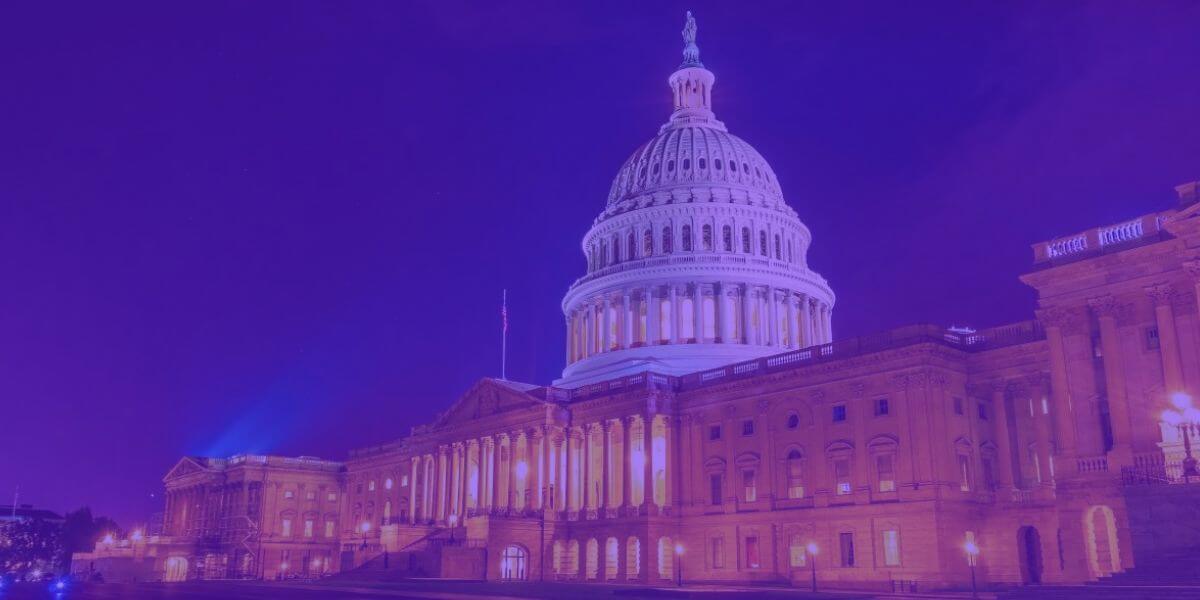Table of Contents

About the author
Rosslyn Elliott
Watch our provider review videos
Video ReviewsWhich speed do I need?
Tell us what you use Internet for
How many users?
Google to Delete Billions of Browser Records
In a major development for internet privacy, Google has filed to settle a class action lawsuit regarding its Chrome browser’s incognito mode. The filing took place on April 1 in the U.S. District Court, Northern District of California.
The outcome of this lawsuit will have far-reaching implications for Google, internet users, and the future of digital privacy law.
Google Chrome Incognito Mode Lawsuit: What You Need to Know
The lawsuit was originally filed in 2020 and centered around whether Google’s incognito mode truly kept users’ browsing data private, as many people believed it did.
The plaintiffs argued that Google still tracked and collected user data even when incognito mode was enabled. Google denied wrongdoing but has now agreed to settle.
What is Incognito Mode?
Incognito mode is a privacy feature in Google Chrome and other browsers. When enabled, it doesn’t save your browsing history, cookies, site data, or information entered in forms. However, the lawsuit alleged Google still collected browsing data in incognito mode.

Incognito mode still exposes browsing data
The Incognito Mode Mistake
Many users believed incognito mode provided complete anonymity online.
A University of Chicago study in 2018 showed that a majority of users held major misconceptions that their incognito activity was “hidden” from all stakeholders.
In reality, incognito mode mainly just keeps browsing data hidden on your local device. Websites, internet service providers, and any monitoring software can still track your activity.
While trying to control the damage during the lawsuit, Google posted a notice on its incognito mode screen to tell users that employers, websites, and ISPs can monitor browsing activity even when a user is incognito.
The Outcome: Data Deletion
As part of the settlement, Google has agreed to delete billions of records of user activity collected via incognito mode. This includes browsing history, IP addresses, geolocation data, and more. The terms of the settlement must still be approved by the trial judge in July 2024.
CNN reported that David Boies, the attorney for the plaintiffs, stated that the settlement is “a historic step in requiring honesty and accountability from dominant technology companies.”
Google continued to insist that it had done nothing wrong, despite settling. Spokesperson Jose Castaneda said, “We never associate data with users when they use incognito mode.”
But internal emails used as evidence in the case appear to contradict this claim of innocence. Google employees told each other that they felt incognito mode was misleading to users. Chief Marketing Officer Lorraine Twohill wrote to CEO Sundar Pichai that “incognito is not truly private.”
Scope of Data Deletion
The exact amount of data to be expunged is staggering – petabytes worth of browsing records collected from over 136 million people. This will be one of the largest court-ordered data deletions in history.
Payout to Users
Google will also pay out millions to the class action plaintiffs. However, divided among the huge class of incognito users, individual payouts will be small – likely under $20 per person. The real impact is the shift in Google’s data practices.

Billions of records will be deleted
What the Incognito Lawsuit Means for You
Moving forward, you can browse with greater confidence that Google won’t retain data about your incognito mode activity. However, it’s important to remember the limitations of incognito mode.
Incognito Mode Still Has Limits
Even with this change, Google and other entities may still be able to track some incognito browsing data. The settlement tackles data collection on Google’s end but doesn’t stop other forms of tracking.
Be Mindful of Privacy
To maximize privacy, take additional steps like using a VPN, privacy-focused browser plugins, and avoiding logging into accounts. Regularly clear your browser data and be strategic about what information you share online.
What the Incognito Lawsuit Means for Internet Law
The success of this lawsuit could inspire a wave of similar legal challenges against other tech giants regarding data collection and user privacy.
Potential for More Privacy Lawsuits
Plaintiffs may take on other companies for invasive data practices and misleading privacy claims. We could see more class actions targeting tracking methods like browser fingerprinting and IP address logging.

More privacy lawsuits?
Pressure on Tech Companies
The incognito lawsuit shows that misleading users about data practices can lead to major legal and financial consequences.
Marketing privacy to users in fuzzy ways while still collecting data is called “privacy washing.” Companies may be clearer in their disclosures in the future to make sure they are not accused of false advertising. Tech companies may proactively adopt stricter privacy standards to avoid ending up in Google’s position.
Possible Legislative Action
The lawsuit outcome may catch the eye of lawmakers and regulators, accelerating the push for stronger consumer data protections.
For example, legislators from the House and Senate just collaborated on a comprehensive data privacy bill now headed for committee review in April 2024.
The government may finally start to exercise more appropriate oversight over the tech industry, which in the past two decades has made major changes to American life by moving too fast for regulators to keep up.

Privacy legislation
How to Browse the Internet Privately
While this settlement is a win for privacy, taking your online privacy into your own hands is still essential. Some tips:
Use a VPN
A reliable paid virtual private network (VPN) masks your IP address and encrypts your internet connection, shielding your activity from prying eyes. Though a VPN may affect your internet speed, the slight drop in performance is well worth the increased security.
Choose a Privacy-Focused Browser
Browsers like Brave and Tor offer robust built-in privacy protections that go far beyond incognito mode. Consider switching to one of these for maximum privacy.
Manage Your Cookies and Scripts
Regularly clear your cookies and disable scripts and trackers when possible to minimize sites’ ability to track you. Adjust your browser settings for greater control.
Think Before You Click
Be mindful of how much personal information you share online. Avoid logging into accounts or providing personal details unless necessary. The best way to keep your data private is not to give it away in the first place.
The Google Incognito mode lawsuit settlement is a major step forward for online privacy. But in the constantly changing landscape of the internet, you have to stay vigilant. Educate yourself about privacy risks, take advantage of privacy tools, and make smart choices about your data. Your privacy is in your hands.

Protect your privacy
While this settlement is a win for privacy, taking your online privacy into your own hands is still essential.
Related Posts

About the author
